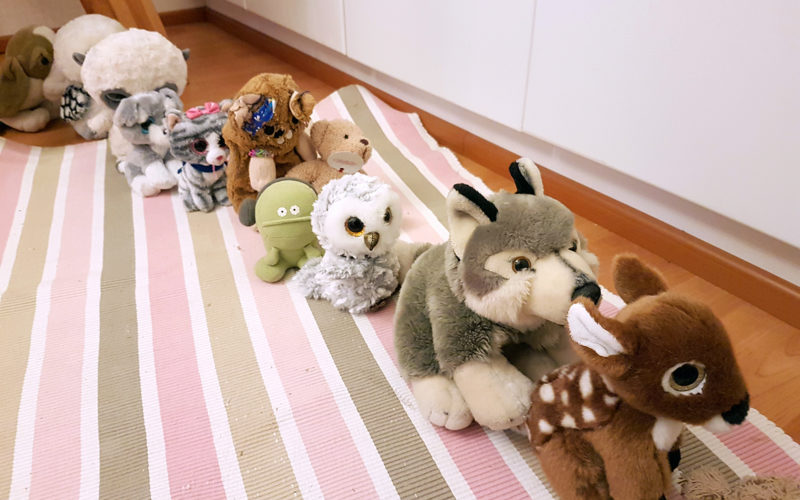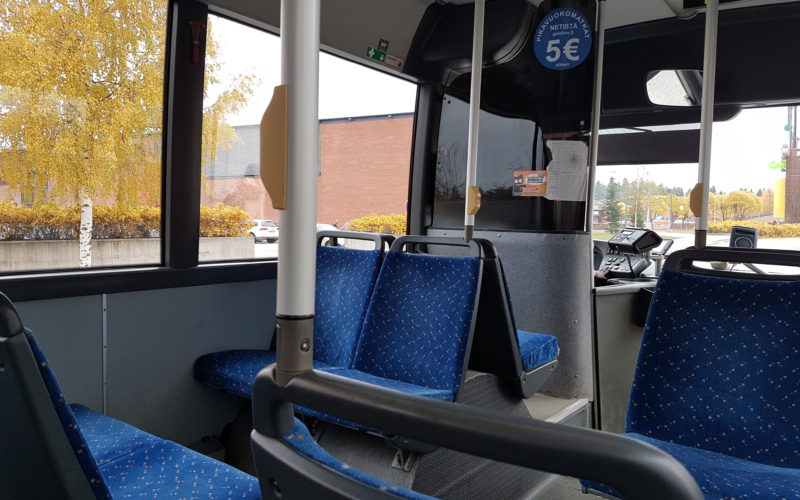How to raise an independent Finn

We in Finland have one of the best educational systems in the world. Our schools are also free. And after the compulsory education, that is 9 years of primary and middle school, when the child is old enough to decide what they want to do for the rest of their lives, 15 years old, and start studying that, the Finnish government pays you to go to school. To educate yourself. To be a better tax payer.
Part of our education system is to have short school days for young children. It’s normal for a child in elementary school to finish their school day at noon. That’s enough learning, we say, go have some fun. And do a little homework too while you’re at it, homework is also fun.
Some children have someone at home waiting for them, maybe because they’re staying at home with a new baby or a toddler, maybe they’re studying and have flexible hours, maybe they have a flexible employer and they have arranged their work so they can be there with their child, or maybe they are unemployed, we have that in Finland too. Whatever the cause may be, the child still has someone there with them, so they don’t have to be alone.
Some kids are not that lucky, some parents have to work from nine to five, or more commonly in Finland, from eight to four. Some don’t have the option to be there for their kids, but the kids are still so young, how will they manage?
There is of course after school care, but those are for first graders mainly, and if there’s room, second grade kids can go there too. Also because some school days start later than work, there is morning care too, at some cities or towns, but not for everyone, and also limited to the younger kids who need it the most.
So what about the eight to twelve-year-old Finns who are not young enough for the city to take care of, but not old enough to really care for themselves either? A latchkey child is a term known to many from their own childhood, and the concept still exists in many Finnish homes. A child returns from school to an empty home, by themselves, there’s no one supervising the journey to and from school either, even if it’s on for couple of miles on a bike or even more on a bus. And at that empty home they will wait for a parent to arrive. Learning how to care for themselves, to be self-reliant.
Some rare families are lucky enough to have grandparents that live close by, so the child can go there or the grandparents can come check on the child, but this can also be a burden for the family if a grandma for example likes to have a little bit too much control. You’ll soon notice that grandma makes dinner and throws the dinner you made ready for today away, because it smells funny, must be the kale or other healthy things, and does laundry, without asking and in a way she likes to, not in a way that your clothes should be washed, or completely undermines your authority as a parent and steps over you and your decisions every damn time.
But like we said before, many children too young lack the parental supervision and comfort for many hours many days a week. They come home and have their snack and do their homework, and call their mom or dad at work because they heard something outside and now they are scared. No big sisters to watch over them, since their school day ends later. No going outside because it’s scary alone and it gets very dark very soon. No Nanny because that’s not a thing in Finland. Sometimes the only way to comfort a child alone is to distract them, and at this point Netflix and video games can be just fine. If the choice is too much screen time or a scared little child, I choose the screen time any day.
Photo by Amy Treasure.
— Editors
The writer of this story is a member of the Mom of Finland community.
There are 0 comments, leave a reply.






